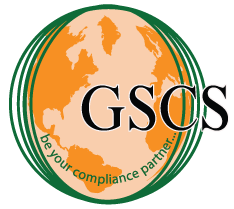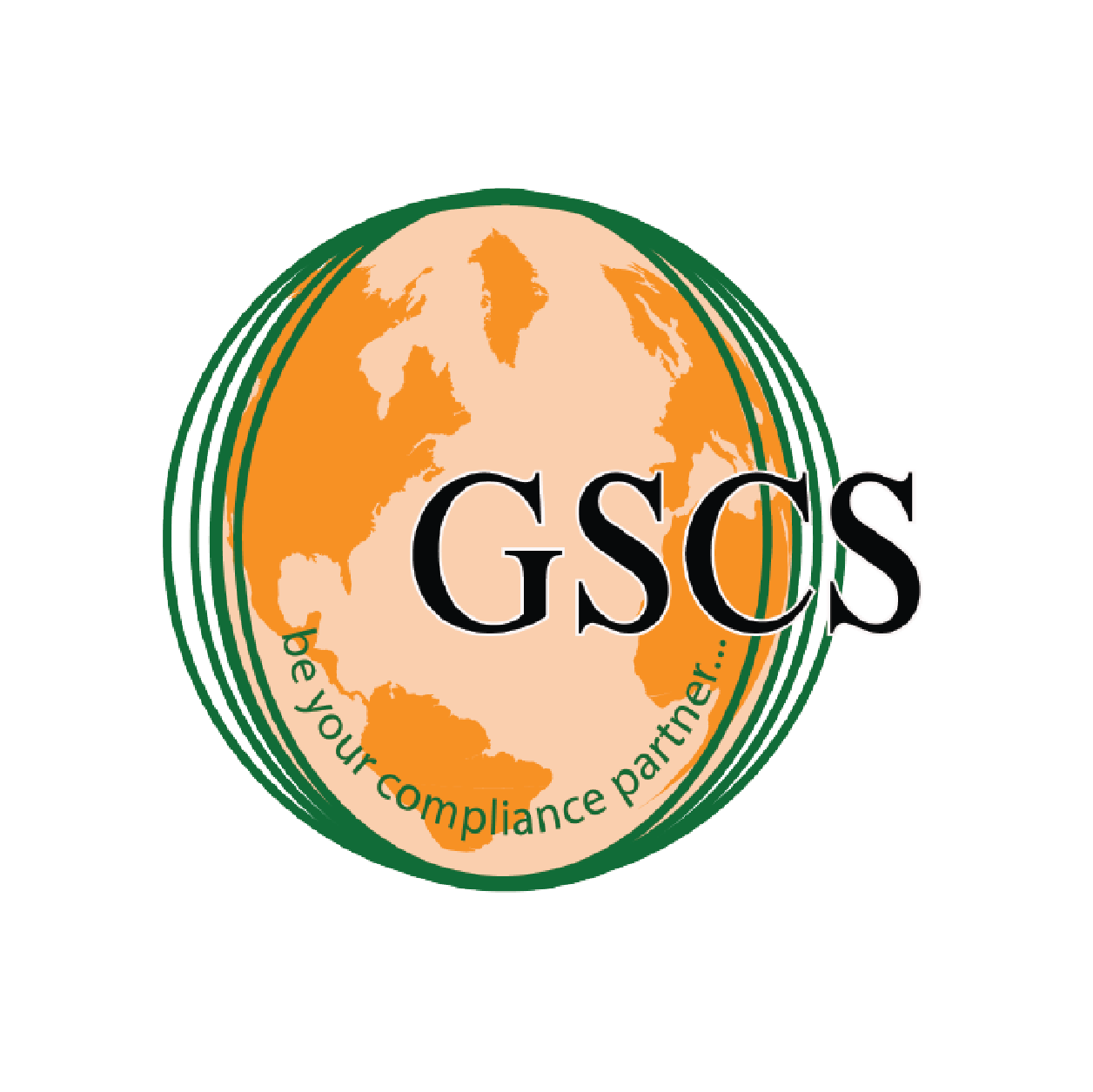
GHG Emissions Assessment: A Key Step in Achieving Corporate Sustainability Goals
Greenhouse Gas (GHG) Emission Assessment is a vital starting point for any organization’s sustainability and climate responsibility journey. It involves identifying, measuring, and analyzing greenhouse gas emissions across business operations, supply chains, and product lifecycles.
By understanding their carbon footprint, companies can align with global standards like ISO 14064, develop science-based reduction strategies, and demonstrate commitment to achieving net-zero emissions. This process supports risk management, regulatory compliance, and enhances corporate transparency.
In today’s climate-conscious world, investors, regulators, and customers increasingly demand environmental accountability. A robust GHG assessment not only meets these expectations but also strengthens your brand's position as a sustainable leader.
In this article, we explain what GHG emission assessment is, why it matters, and how GSCS International can help your business meet both regulatory requirements and voluntary sustainability goals through certified climate services.
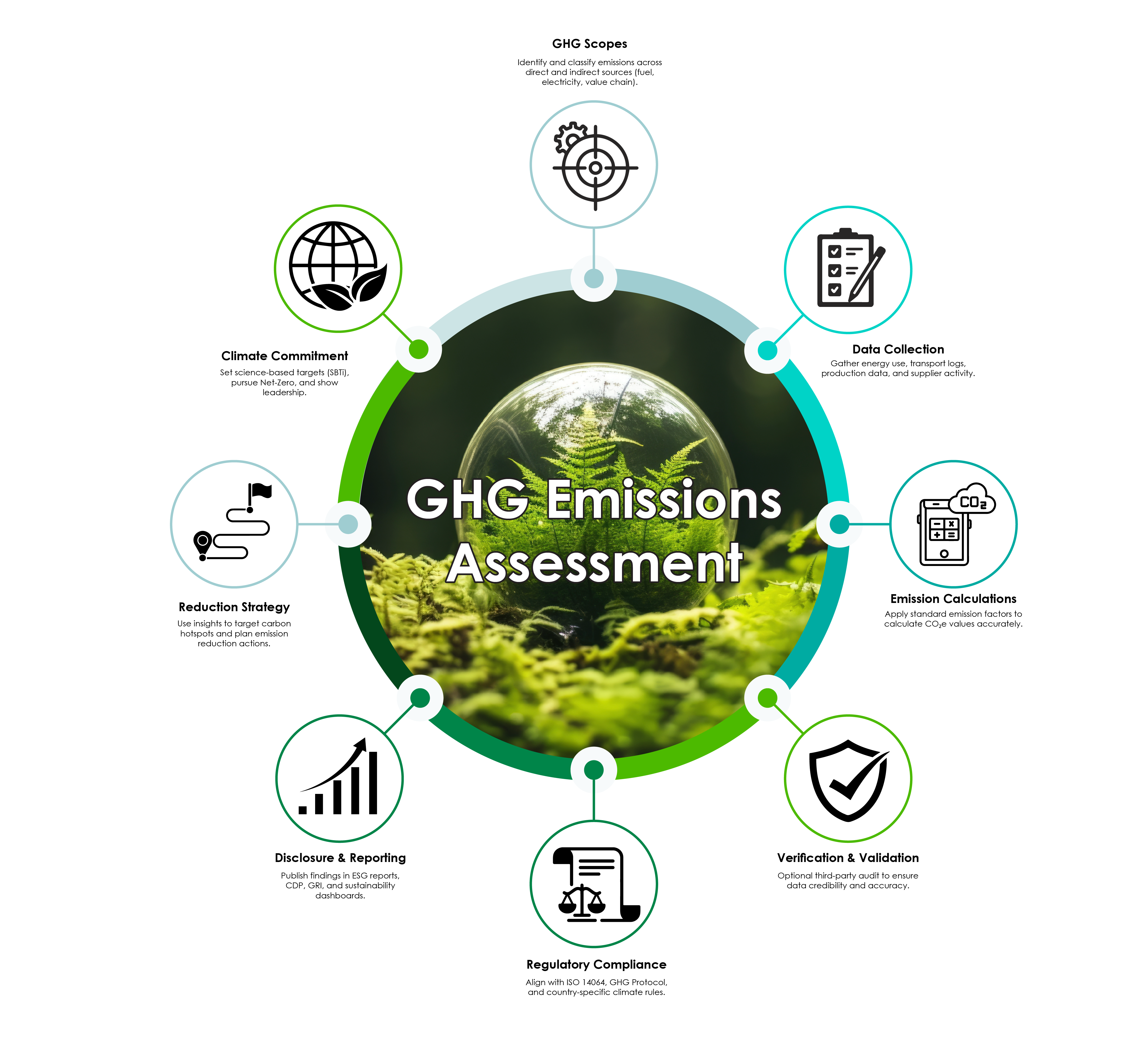

ISO 14064 Carbon Footprint Verification for ESG & Net Zero | GSCS Intl
Carbon Footprint Verification (CFV) is a critical process that validates an organization's greenhouse gas (GHG) emissions through a third-party assessment. It offers a reliable and standardized method to measure emissions across operations, products, and services—helping businesses align with climate action goals, ESG frameworks, and global sustainability standards.
By quantifying emissions under recognized protocols like ISO 14064, ISO 14067, and the GHG Protocol, organizations gain accurate insights into their environmental impact and can develop credible, science-based net-zero strategies.
In this article, we explain the importance of Carbon Footprint Verification, how it works, and the advantages of partnering with a trusted verification body like GSCS International Ltd. for your emissions reporting and sustainability compliance.
As global pressure mounts for climate accountability, thousands of companies have begun their verified carbon reporting journey. Now is the time for your organization to lead in transparency and climate responsibility—with GSCS International by your side.
book the course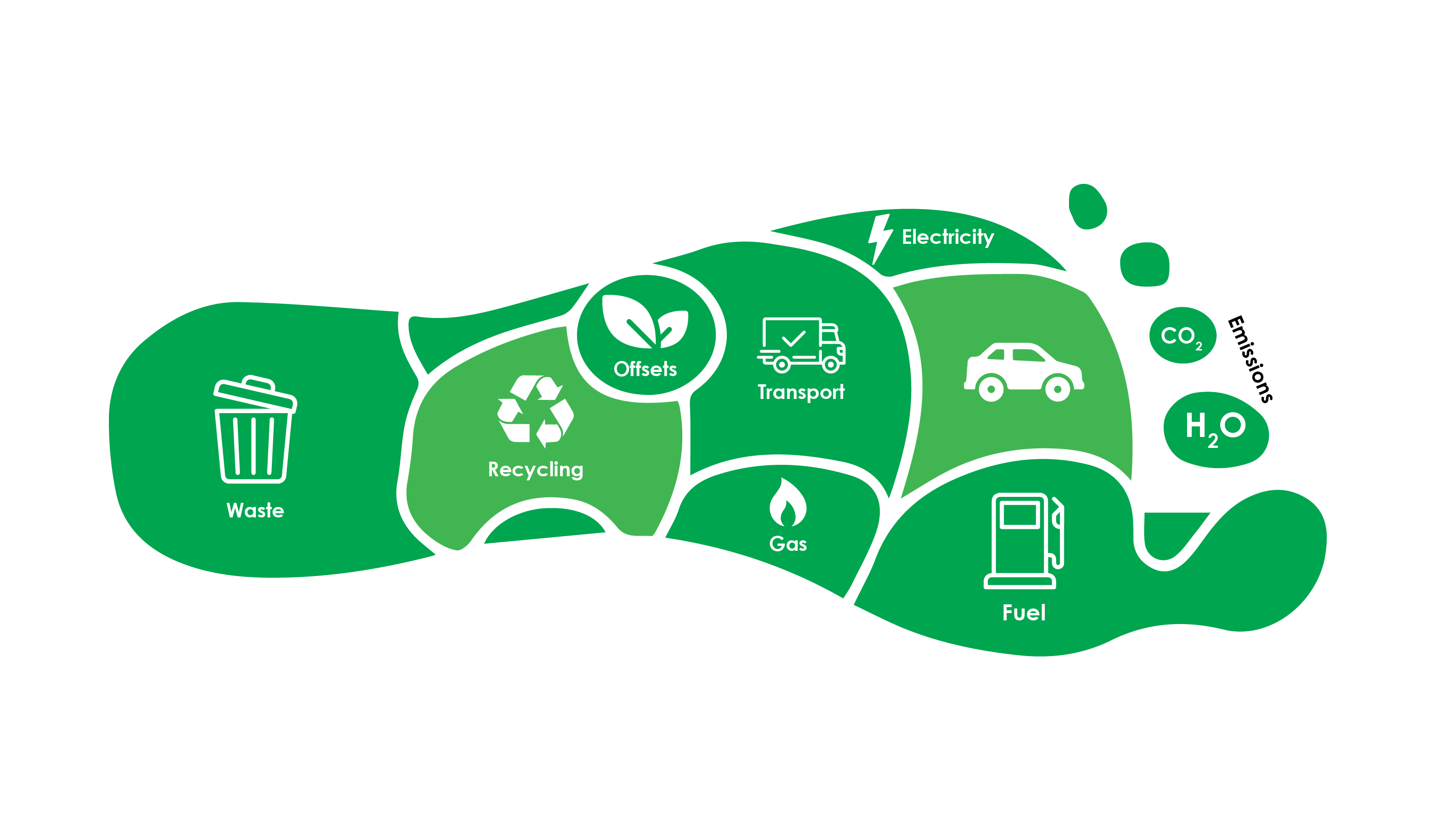

SBTi Services for Exporters & Manufacturers | GSCS International
Introduction: The Science Based Targets initiative (SBTi) helps companies set greenhouse gas (GHG) reduction targets grounded in the laCheck climate science. Arsenic mood shift becomes associated with nursing imperative round effect businesses are low development force to cut their c footprints and array with round mood goals. Starting in 2015, the SBTi provides a clear framework for businesses to add meaningfully to global efforts to limit global warming, notably in line with the Paris Agreement.
In this article we explores the SBTi, why it's vital for businesses, and how companies can use it to set actionable science-backed emissions targets that support sustainability and climate leadership.
The Science Based Targets initiative (SBTi) is a corporate climate action organization that enables companies and financial institutions worldwide to play their part in combating the climate crisis.
Science-based Targets give businesses a clear way to cut emissions, more precisely greenhouse gas (GHG) emissions, averting the worst effects of climate change and securing the expansion of their businesses, according to the objectives of the Paris Accord.
The Science Based Targets initiative (SBTi) has already partnered with over 5,000 firms worldwide. Let’s join them with GSCS International Ltd.
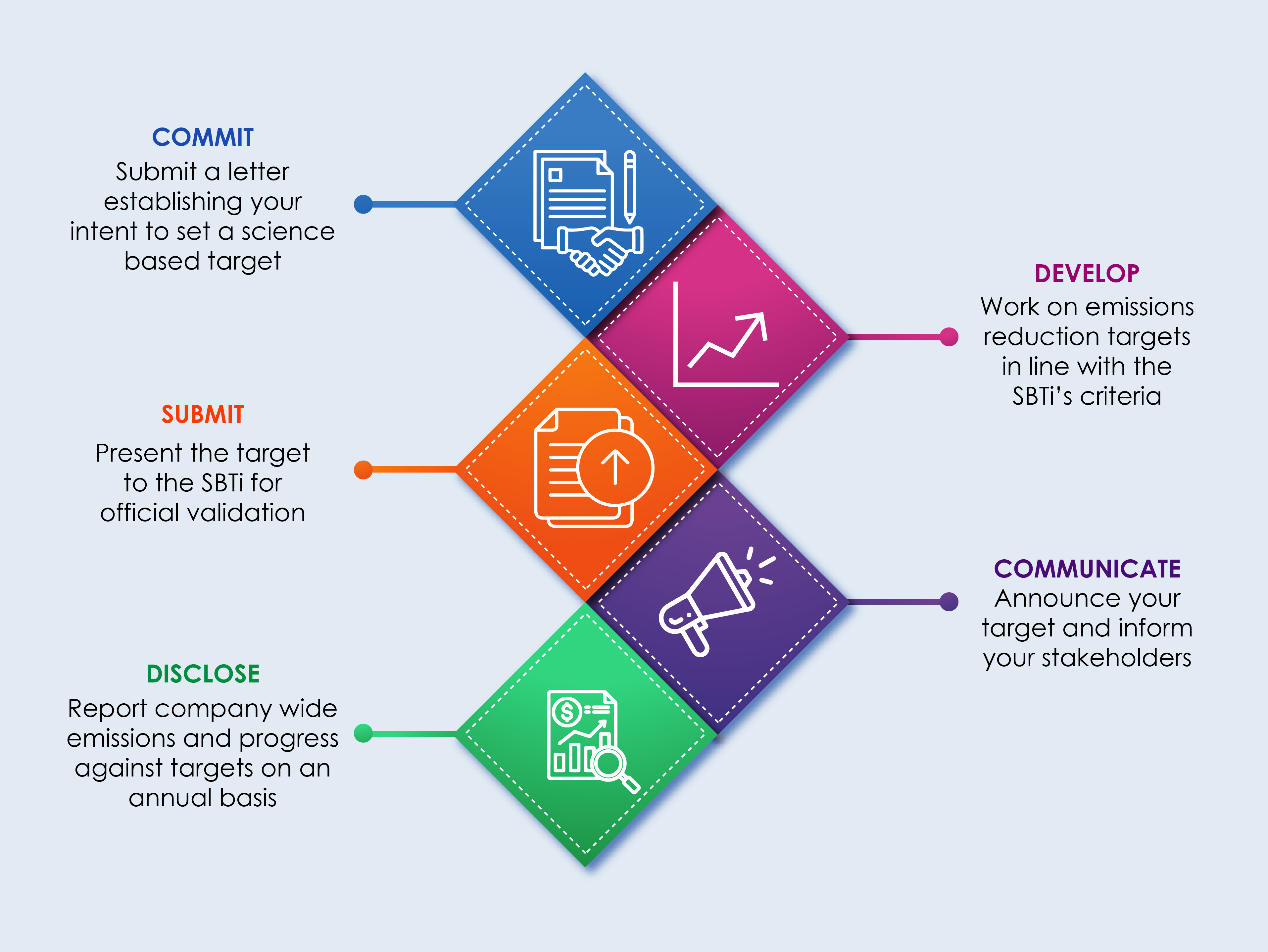
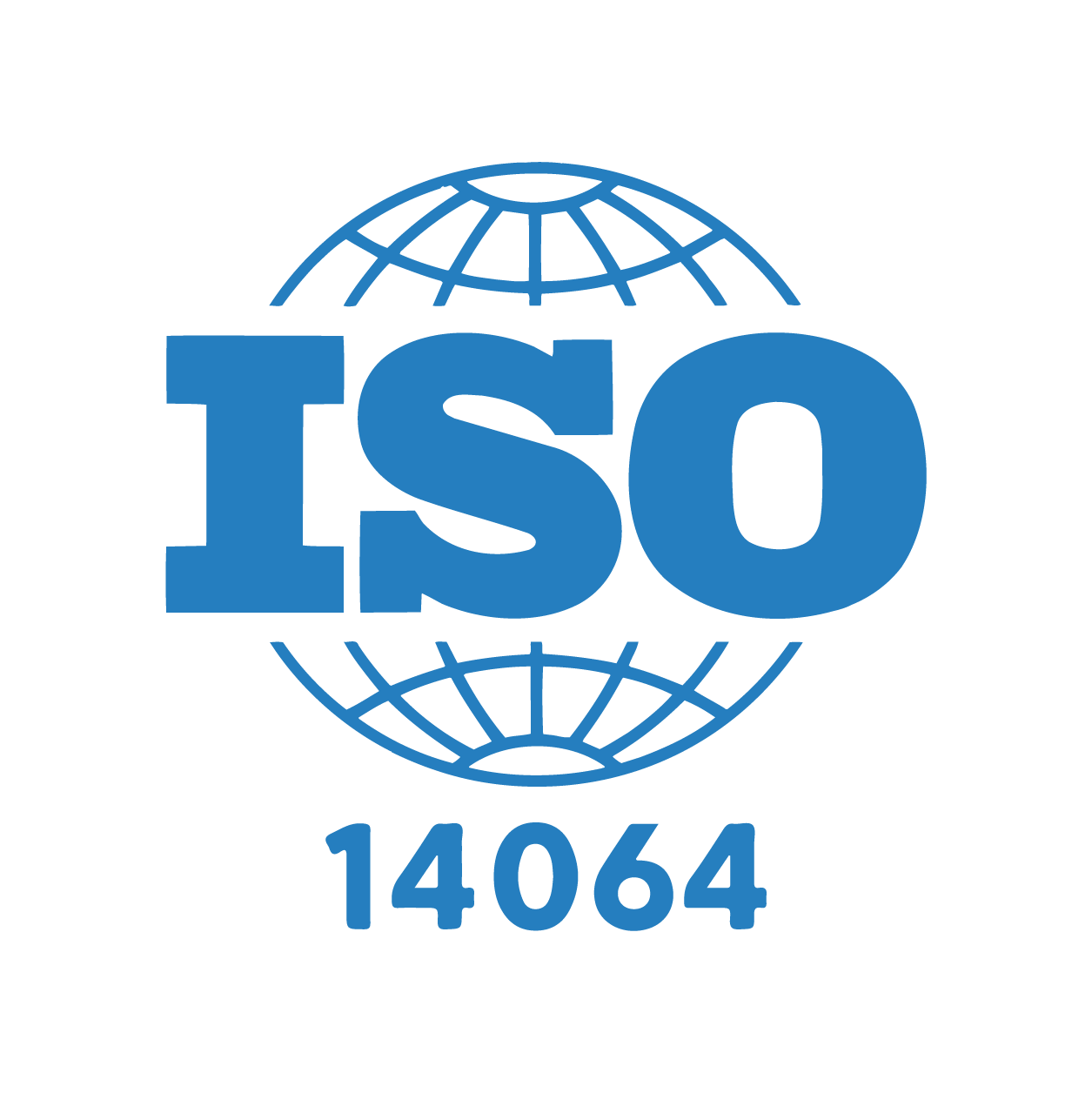
ISO 14064 Certification Training for Career Growth in GHG Auditing
Introduction: ISO 14064 is a globally recognized standard that provides a clear framework for measuring, monitoring, reporting, and verifying greenhouse gas (GHG) emissions. It is essential for organizations aiming to manage their carbon footprint effectively, improve climate transparency, and meet rising demands for ESG compliance and net-zero readiness.
As businesses face growing regulatory pressures and stakeholder expectations, ISO 14064 offers a trusted methodology to quantify Scope 1, Scope 2, and optional Scope 3 emissions in line with international climate frameworks such as the GHG Protocol, Science-Based Targets (SBTi), and the Paris Agreement.
This introduction to ISO 14064 explores its significance for modern organizations and how it supports environmental accountability, sustainability reporting, and long-term climate strategy.
GSCS International Ltd. helps companies adopt and implement ISO 14064 through expert-led training, verification, and technical support—empowering your business to build a credible, low-carbon future.
book the course

Product Life Cycle Assessment (LCA) Services | GSCS International
Introduction: Product Life Cycle (PLC) is a critical concept in sustainable product development, environmental impact management, and corporate strategy. It refers to the entire lifespan of a product—from raw material extraction and manufacturing to usage, disposal, or recycling. Understanding the product life cycle empowers businesses to make data-driven decisions on eco-design, innovation, pricing, resource efficiency, and GHG emissions reduction.
At a time when ESG compliance, circular economy practices, and climate-conscious product design are essential, adopting a product life cycle approach helps organizations:
- Reduce environmental impact across the supply chain
- Improve operational efficiency and cost control
- Align with international standards like ISO 14040/14044
- Meet sustainability reporting requirements such as CDP, GRI, and EPR mandates
In this article, we explore the concept of Product Life Cycle Assessment (LCA), its importance in today’s regulatory and sustainability landscape, and how businesses can benefit from life cycle thinking to drive innovation, compliance, and climate leadership.
GSCS International Ltd. supports companies worldwide with comprehensive Product Life Cycle and LCA consulting services—helping them implement sustainability at every stage of a product’s journey. Let us guide your organization toward smarter product stewardship and long-term competitive advantage.
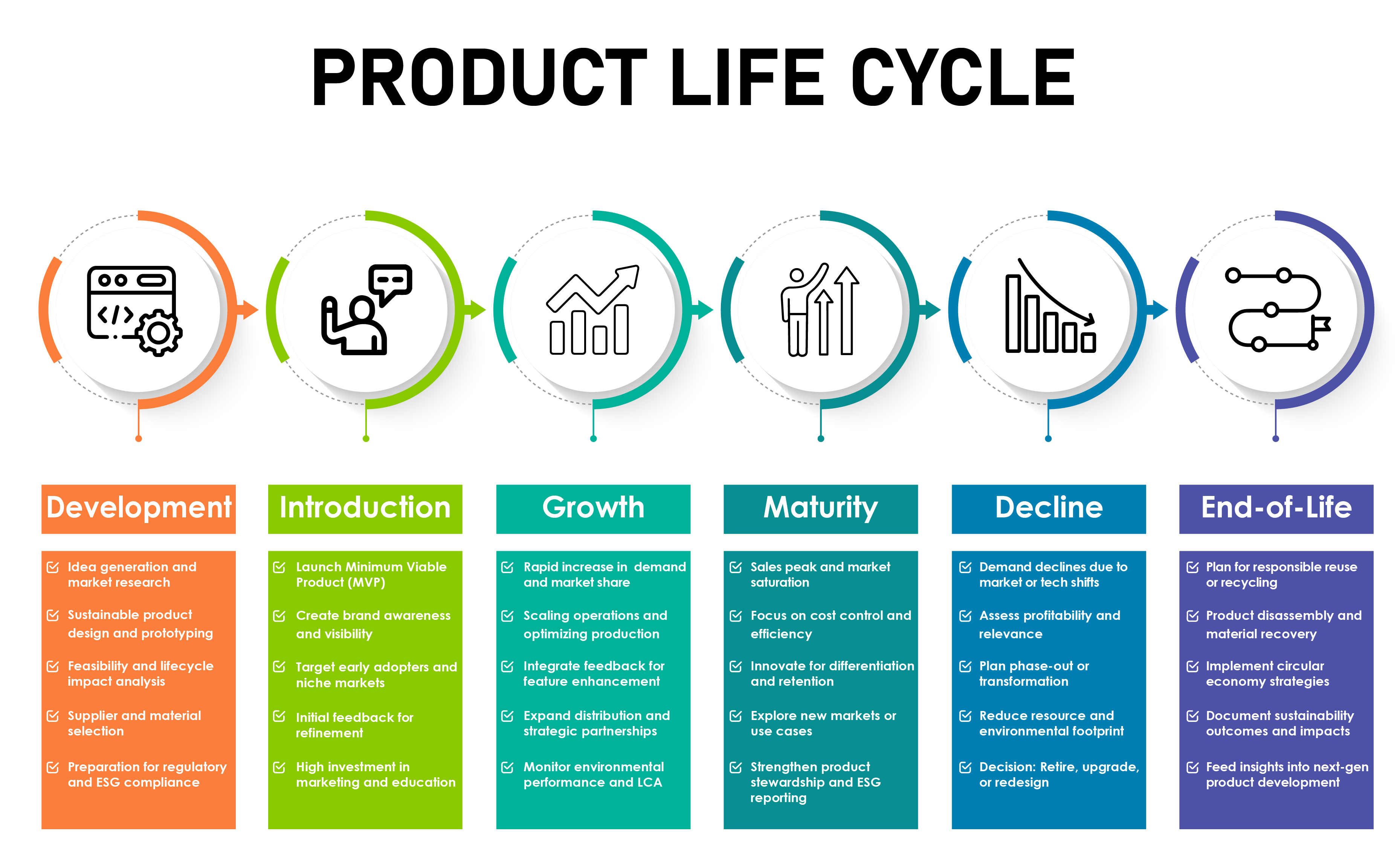
Comprehensive Generic Assessment Solutions for Businesses | GSCS
Introduction: A Generic Assessment is a comprehensive evaluation process designed to measure compliance, performance, and operational capability across various systems, facilities, and practices. Unlike traditional audits that follow strict standards, generic assessments are flexible and adaptable, making them ideal when no specific framework or predefined standard exists.
This assessment method plays a critical role in auditing, certification preparation, risk management, and capacity building, ensuring organizations identify gaps, strengthen processes, and align with global best practices.
At GSCS International Ltd., we provide expert-driven generic assessment services to help businesses improve quality, compliance, and sustainability. Our tailored approach ensures readiness for ISO certifications, social compliance audits, and environmental sustainability initiatives, giving you a competitive edge in today’s global market.
Widely used in manufacturing, supply chains, healthcare, education, and sustainability sectors, generic assessments offer a powerful tool for evaluating operational readiness and performance. Partner with GSCS International to implement an objective, result-oriented assessment strategy that supports your long-term success.

